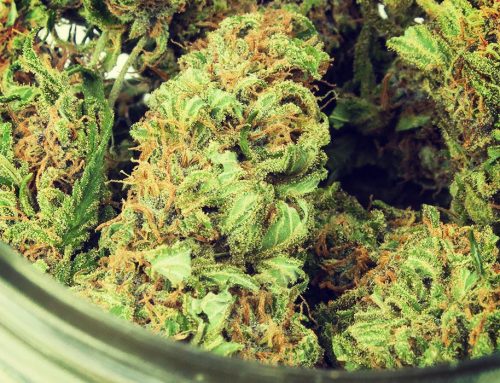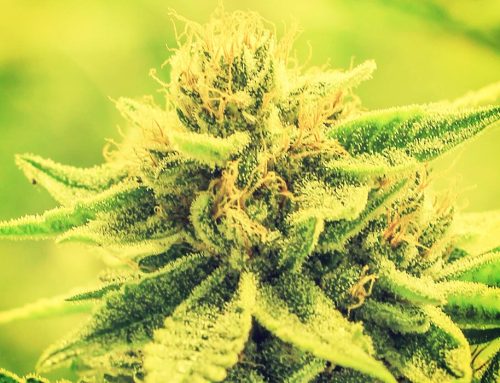People who use medical marijuana tend to use fewer prescription meds, according to a new study published in the Journal of Psychoactive Drugs.

Medical marijuana has been legal in Arizona since 2010, though any other use of the drug is treated as a crime. The program is widely considered a success, even under especially stringent laws.
MMJ is legal in Arizona only for patients with certain debilitating conditions. The list includes cancer and HIV/AIDS, but chronic pain was the most widely reported condition treatable with cannabis. Other commonly reported disorders were muscle spams (multiple sclerosis), nausea, anxiety, arthritis, depression, headaches, sleeplessness, and stress.
MMJ reported by patients to be highly effective
Most patients also said marijuana is highly effective at treating their symptoms. Previous studies of MMJ users have reached the same conclusion.
Most notably, researchers found the vast majority of patients who use cannabis to treat nausea, spasms, headaches, and pain said it allowed them to cut back on their use of dangerous prescription drugs. More than 80 percent of patients with anxiety, insomnia, and arthritis reported using fewer pharmaceuticals while using marijuana.
The so-called “substitution effect,” in which users substitute cannabis for another intoxicant, is borne out by earlier studies, too, in California, Rhode Island, and Canada, among other places.
One-quarter fewer opioid overdoses in states with MMJ
 This is especially true for patients who use powerful opiate painkillers and then start smoking cannabis. Opiates and their synthetic cousins, opioids, account for the origins of a massive heroin scourge sweeping the East Coast. Patients typically start on a prescription painkiller, often Oxycontin, get hooked, and then move up to heroin when the pills become too expensive or too hard to get.
This is especially true for patients who use powerful opiate painkillers and then start smoking cannabis. Opiates and their synthetic cousins, opioids, account for the origins of a massive heroin scourge sweeping the East Coast. Patients typically start on a prescription painkiller, often Oxycontin, get hooked, and then move up to heroin when the pills become too expensive or too hard to get.
“States permitting medical marijuana dispensaries experience a relative decrease in both opioid addictions and opioid overdose deaths compared to states that do not,” researchers wrote in a study released this summer by the National Bureau of Economic Research, a think tank.
Another report, issued last year in the Journal of the American Medical Association Internal Medicine, concluded that medical marijuana laws correlates to many fewer fatalities from opiate or opioid overdose. Scientists speculated that cannabis use is driving down opiate abuse.
“States with medical cannabis laws had a 24.8 percent lower mean annual opioid overdose mortality rate compared with states without medical cannabis laws,” the researchers behind that study wrote.
The results hold great promise for a wide range of substance abuse issues, including alcoholism, which kills nearly 20,000 Americans each year. In the future, addiction to the most harmful drugs may be treated with marijuana as a (relatively) healthy substitute.






